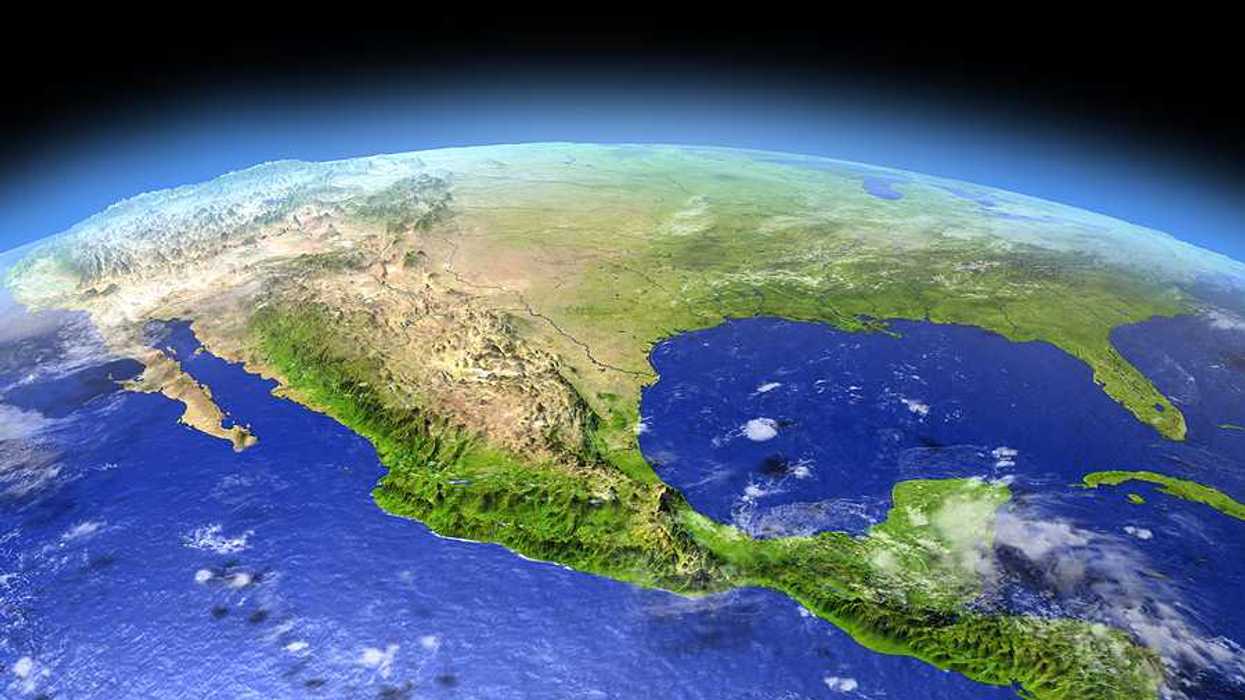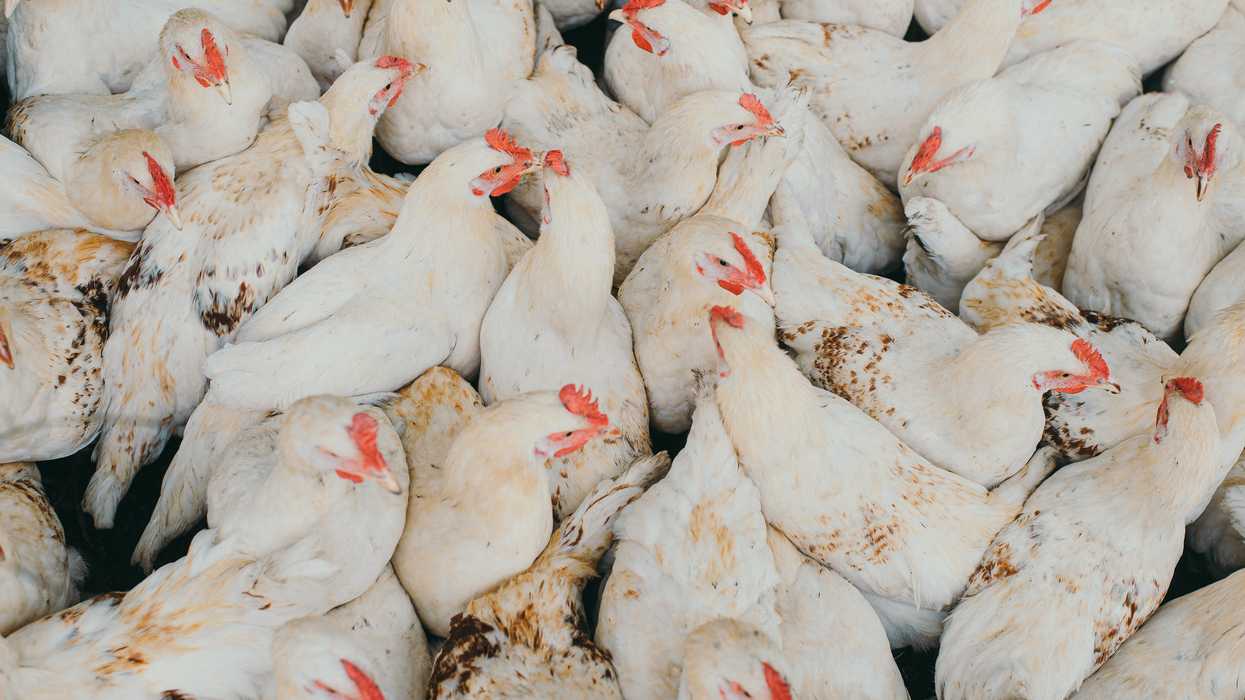In a world where digital genetic information is becoming a billion-dollar business, countries rich in biodiversity are demanding their fair share of the profits.
Patrick Greenfield reports for The Guardian.
In short:
- Multinationals are extracting genetic information from diverse organisms, often without compensating the countries where these organisms are found.
- A global agreement on sharing the benefits from digital genetic codes, called digital sequencing information (DSI), is under negotiation, with tensions running high.
- Countries in the Global South argue that they are being exploited while richer nations profit from their biodiversity without sharing the wealth.
Key quote:
“There will be a Cop decision and then after that, it’ll be up to everyone to play nicely and turn it into a resource mobilisation engine for looking after biodiversity.”
— Pierre du Plessis, Namibian negotiator at Cop15
Why this matters:
With the biodiversity summit in Colombia looming, there's hope that a groundbreaking agreement might finally address this tug-of-war over genetic resources. Countries rich in biodiversity, often in the Global South, argue that they should see a slice of the profits, not just for fairness but to fund conservation efforts crucial for preserving these ecosystems. Read more: The economics of biodiversity.














